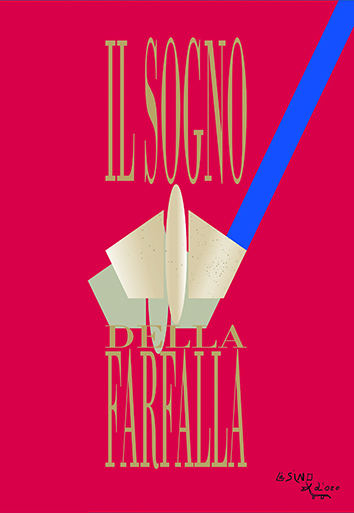Massa, folla e idea di socialità. Il tema della cura nel gruppo tra individuo e società
DOI:
https://doi.org/10.14663/sdf.v14i2.432Abstract
The author traces a historical profile of the definition of term such as “the mass” and “the crowd” in the ambit of the political and social dynamics of the last two centuries. In particular, he highlights the link between reactionary and progressive interpretations of social phenomena and the development of the theme of the group in psychotherapy. Freud’s ideas on cultural contexts, which thwarted any attempt to set up group therapy and were based on H. Taine and G. Le Bon’s reactionary theories on the masses , come in for heavy criticism in this article. On the other hand, the concept of an evolutionary role of the masses in history represented a positive basis for the early experiences of therapeutic communites. In his conclusion the author highlights the innovative character of group psychotherapy to M. Fagioli’s theory and to the experience of the Collective Analsis.


